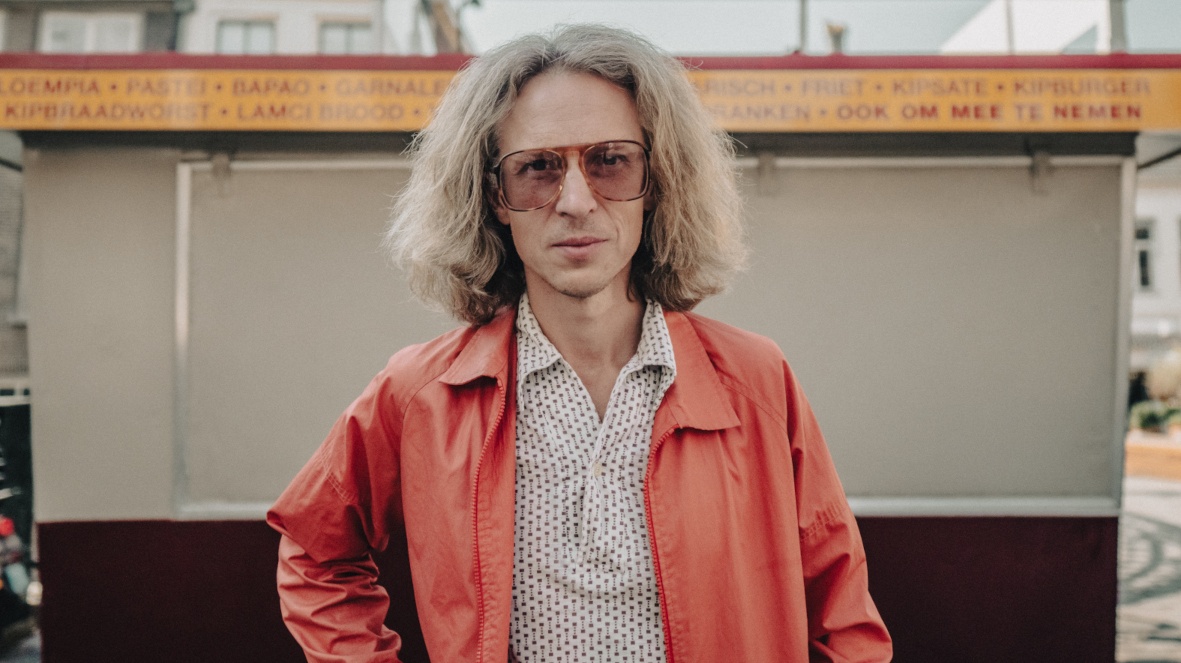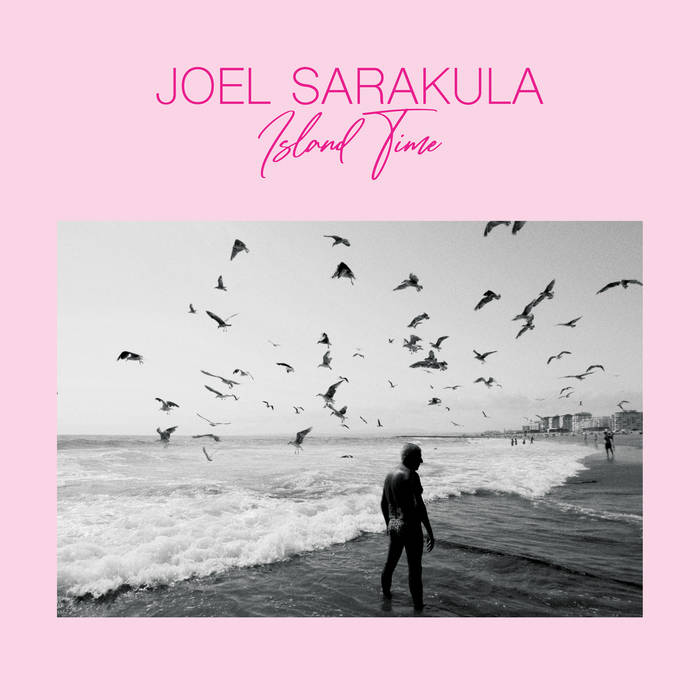“Island Time” is the long-awaited new album from Joel Sarakula and his first since moving to the Canary Islands at the height of the pandemic. Building on his previous albums “Love Club” and “Companionship”, the Sydney-born singer-songwriter, musician and producer expands his palette with a wider use of synthesizers and drum machines, making stylistically adventurous choices such as AOR samba and 70s-style reggae. The result is one of the first album highlights of the new year. West Coast Soul took the opportunity to talk with Joel Sarakula before the start of his German tour about the making of “Island Time”, the influence of his new domicile on his music, what the audience can expect on the tour and much more.
Originally from Sydney, Australia, and having spent the last 10 years in busy London, you now call the Canary Islands home. How did it come about, Joel?
I was invited to perform at the Alfredo Kraus Auditorium in Las Palmas in November 2020 while Europe was going into that long winter lockdown so it seemed to be a wonderful opportunity as I’d never been to the Canary Islands before. And I knew that the Canary Islands was still quite ‘open’ compared to elsewhere. So the idea of living some kind of ‘normal life’ in a kind of paradise where restaurants and bars remained open attracted me. Well, I fell in love with the place and long story short, I stayed. But as as things have opened up again post-pandemic I’ve actually been based in the UK again for a while, recording and preparing for the tour. I’ll always be connected to Las Palmas but right now I can’t really do those five hour flights to travel to shows!
In the song “Island Time” you sing: “Don’t bother me I’m on island time, don’t bother my mind once again.” Was this change of location important for you to come to rest and recharge your creative batteries?
Yes, I guess it was a great place to recharge my creative and physical batteries. It’s an easy way of life there and I really enjoy doing lots of outdoor activities there: jogging, swimming, hiking, beach tennis. You can’t really do those things in the middle of winter in the UK or Germany! Aside from my show, I had a break from music the first couple of months after arriving. It was a life reset.
While your music has previously had a sun-drenched, summery and occasionally tropical feel you now literally lives in the sunny tropics. How has your new place of living influenced the music on “Island Time”?
Living in Las Palmas definitely influenced me and I introduced some island elements into the songs: “Dream Life” and “Dinosaur” have latino rhythms and the song “Island Time” is some kind of homage to 70s British pop-reggae. Not that you hear people listening to sambas, bossa novas or reggae songs on the streets of Las Palmas… but you do hear a lot of reggaeton and trap there, haha.
The new album seems even more open to many genres like soft-rock, soul, disco and reggae as its predecessor. How do you estimate your further development since “Companionship”?
I wanted to make an album that experimented more with genres and wasn’t so formal in approach, something a bit easy, a bit island. Also I think my production skills have developed in the years of the pandemic. Like everyone else, I had a lot of free time on my hands!
On “Island Time” you use more synthesizers and drum machines. How did that come about?
This was also a natural by-product of the pandemic and curfews… when you aren’t allowed to leave the house to record with real musicians, you start playing around with synthesizers and drum machines!
Would you say that there is a thematic red thread on the album?
“Island Time” as well as the obvious island and nature-related themes is also about being isolated mentally, ie. spending some time in your own inner island, which we can access through meditation and yoga.
Joel, let’s talk about some of the new songs: “Lonely Town” is an irresistible urban 70s-inspired disco jam that will cut a fine figure not least in Canarian clubs. What inspired you to write the song?
Well this is the most un-island song on the album actually and I wrote the lyric in Berlin, haha. It’s about the automation of society, AI, bots etc. I think the future is a scary place and it’s already here.
The disco-inflected “Sun Goes Down” is ultimately a song about choosing sides and the effects of disinformation. To what extent has the pandemic influenced you here?
So many couples in long-distance relationships had to choose which country they would live in at the beginning of the pandemic when all those travel bans were initially set and I thought that this was a really interesting idea for a song. What an incredible decision to force people to make: which partner would move to which country. It probably ended a lot of relationships early and made some other relationships stronger. It was such a charged time and I tried to capture a bit of that energy in the music, the frantic running around, the desperation and panic, people making these life-changing decisions in the worst of circumstances.
In the second verse I even mention closing down borders but there’s also a universal story about choosing sides here which I thought was interesting too.
Some of the new songs you have written together with other songwriters. How important is the collaboration with other musicians for your creative process?
I love writing with other musicians and artists. Everyone has a different approach to songwriting so sharing and collaborating is a great way to keep things fresh. While some of the music was co-written, the lyrics were mostly mine as I have very precise ideas that I like to express.
Joel, hand on heart, do you have a favorite song on the album? And if so, what makes it stand out?
I think “Dream Life” is the most interesting song for me these days. It’s different from what I normally do and I like the stripped back arrangement of rhodes, acoustic guitar and drum machine.
Joel, please tell us a bit about the recording process of “Island Time”. How long did you work on the album and where was it recorded?
While some of the songs were already in development, the sessions really started in Dordrecht, Netherlands in October 2021. I then took those sessions and built the songs on top with lots of remote working and contributors in-between UK, Netherlands, Spain and Germany.
With Phil Martin you have a Dutch musician and label colleague on board, who is himself on the road in West Coast music with his band Dawn Patrol and the duo Martin & Garp. How did the collaboration come about?
I initially met Phil at a show I played in Holland and we struck up a friendship. Phil played drums on a couple of songs on “Companionship” and so our musical relationship just developed naturally. He’s a great guy, a very calm and wise presence in the studio and a fabulous vegan chef and he’s a pleasure to work with. He offered for me to start “Island Time” in his studio in Dordrecht and the rest is history!
You also produced “Island Time” yourself. How important is it for you to hold the creative process from the first song idea to the final product in your own hands?
I like being in control of the whole album process and I usually have a strong vision for the album so I’m only trying to see that vision through to completion.
Joel, if anyone wants to experience the new songs live, they can see you on your German tour right now. What can the audience expect?
While the German weather in January is hardly reminiscent of tropical islands, audiences can expect a lot of warmth inside the venues. I really love performing live and bringing these productions to life and I’ll have a fantastic band with me on the road who are very supportive of me as an artist. While we will of course remain very faithful to the productions I love taking some more risks ‘live’ and introduce some more fun and spontaneous elements to the show. I’ve been performing for more than 20 years, I think I’m allowed to have some fun with it by now!
How important is it for you as an artist to play your songs live and interact with the audience?
It’s really important as it’s a physical connection that we share. It’s nice to see thousands of people streaming you on Spotify but there’s really no human connection in that, it’s just numbers on a screen. This is my chance to see those people! I always feel close to my audiences because I realise if they have specifically sought out my music then I just assume we must have similar styles, taste and viewpoints.
What’s next, Joel? Do you already have your sights set on new projects?
I’m actually recording the follow-up album to Island Time already. Aside from that I have three album projects this year for other artists that I’ll be producing, including Luna Soul who are a great up-and-coming soul-pop project and the support for my Berlin show. I’m really looking forward to working with all of these artists.
Thank you very much for the interview, Joel!


